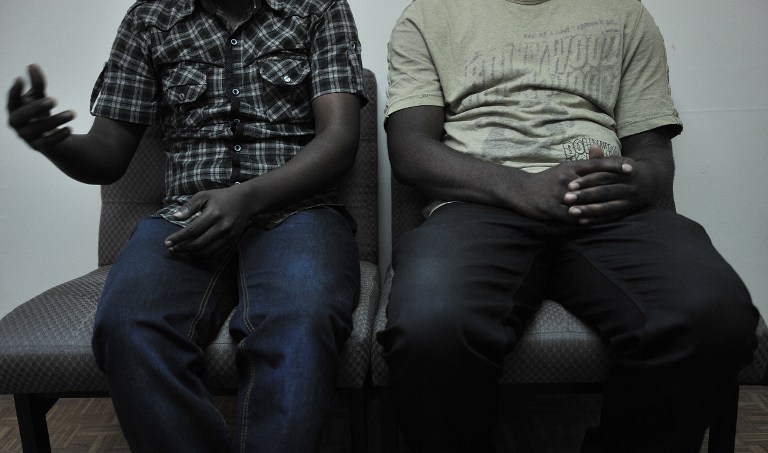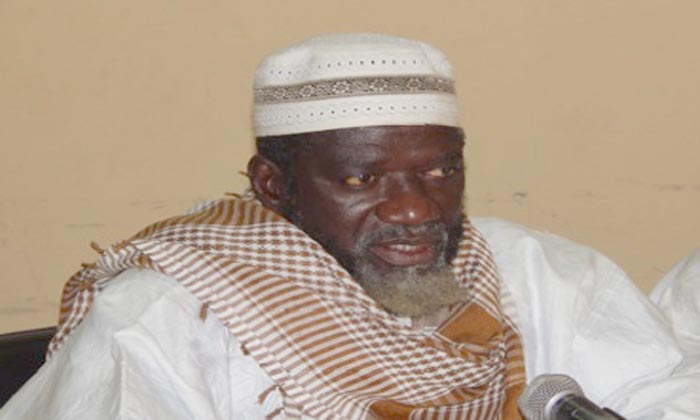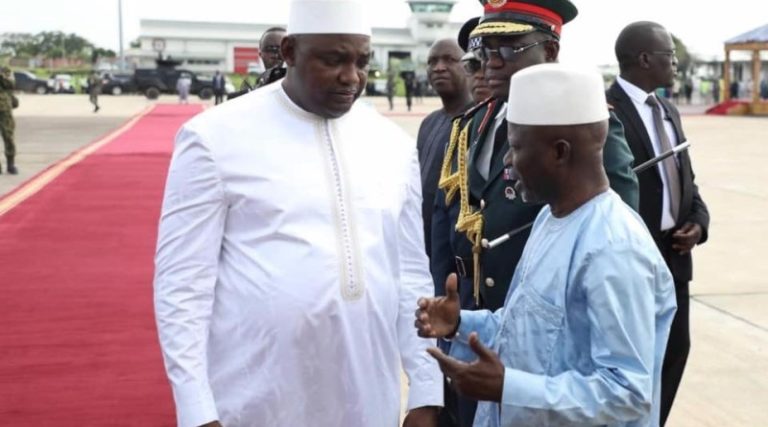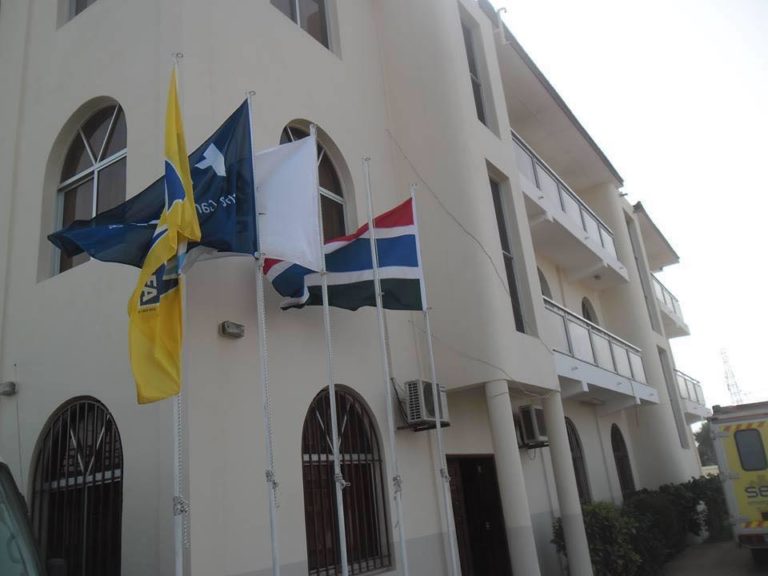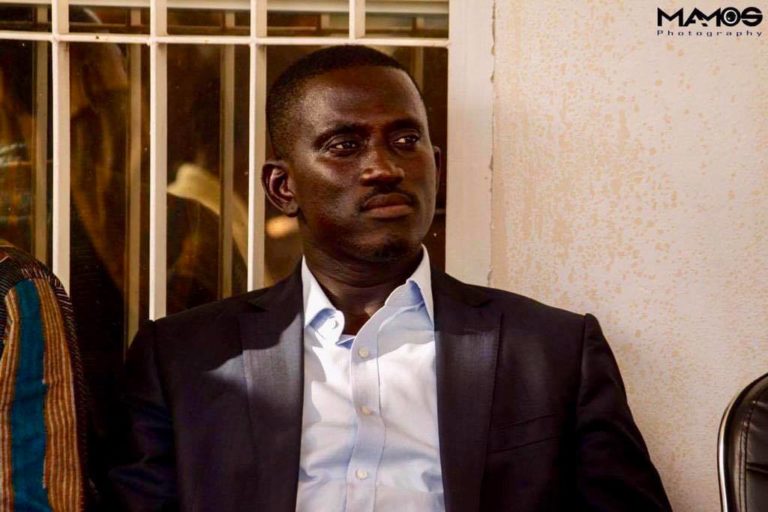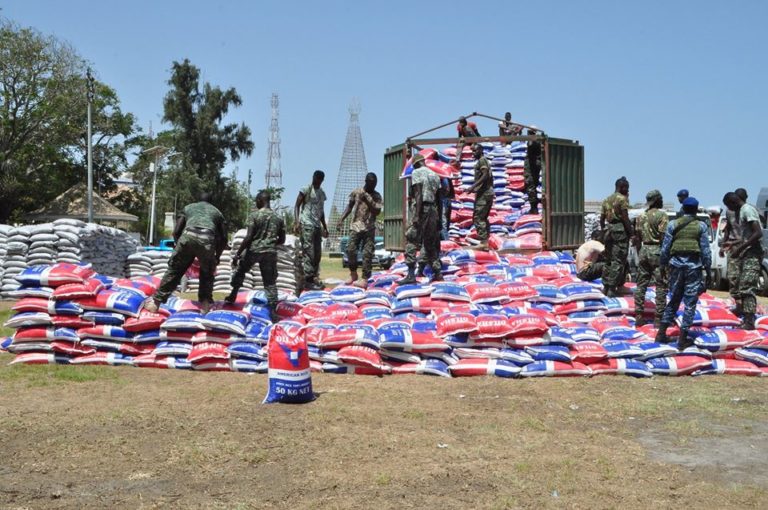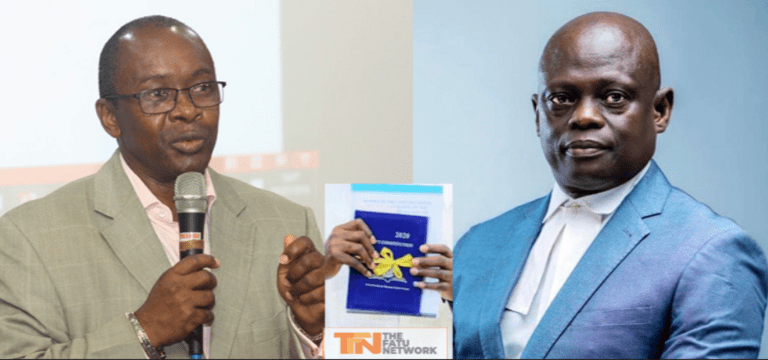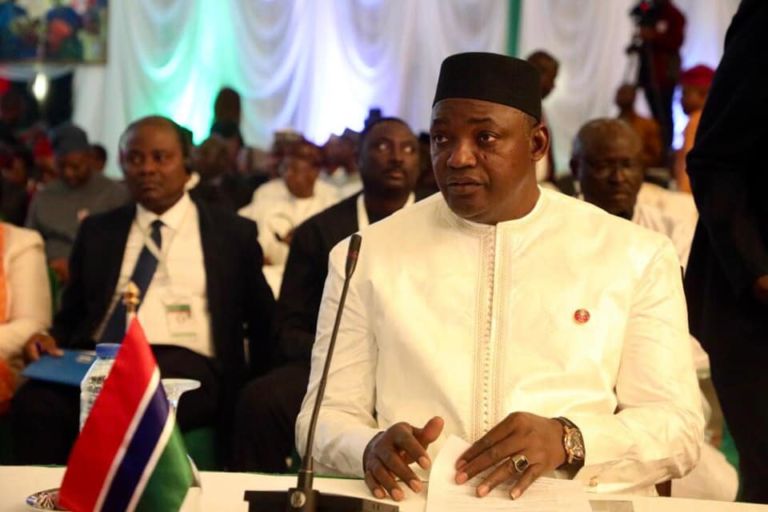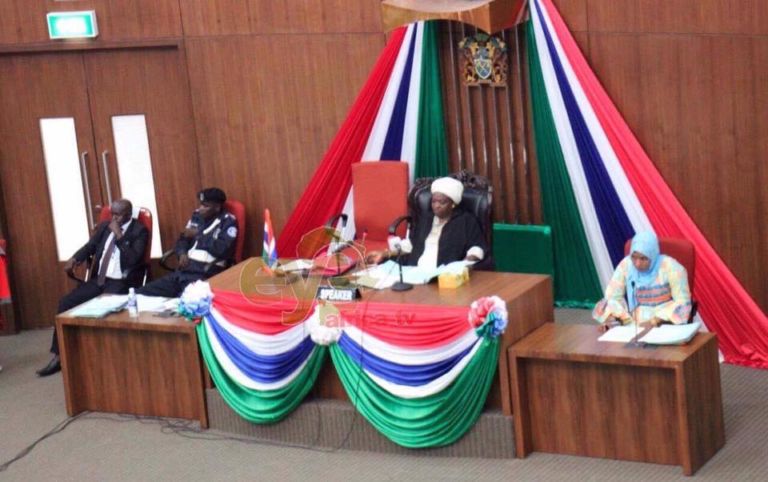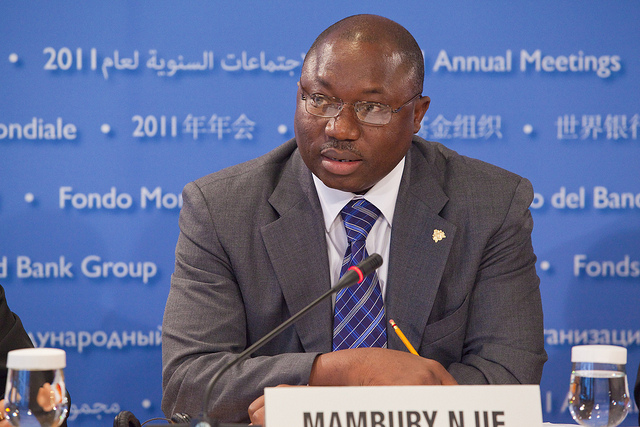At the Paradise TV televised national discussion, and in its aftermath, the issue of the commencement of the Presidential term has dominated the public conversation headlines.
By section 100 (2) (c) of the 1997 Constitution of the Republic of The Gambia (the Constitution) the National Assembly (NA) is prohibited from depriving “…any person retroactively of vested or acquired rights…”.
Subsections (a) and (b) of the same section precludes the NA from establishing “a one party State” or establishing “a State religion” respectively. Given the importance of the principles implicated, section 153(2)(c) of the Draft ring fenced the values therein protected from legislative vandalism by entrenching the provision.
Eager to remove the protected values from tinkering by “transient majorities”, the identical provision is entrenched both in the Constitution, and in the Draft.
Rather extraordinarily, a Constitutional Review Commission (CRC) with five distinguished Barristers, including a Justice of the Supreme Court, ignored the clear command of 100(2)(c) of the Constitution, and 153(2) (c) of the Draft by mandating in Schedule 4 (5) (2) thus:- “Notwithstanding anything contained in this Constitution or any other law or any rule of interpretation or rule of construction, the term of office of the person holding the Office of President as at the effective date shall be construed to include the existing term and the person may contest election for the Presidency for only one more term as provided in this Constitution after the expiry of the existing term”.
By coincidence, section 190 (1) (a) of the Draft states that “the President shall appoint the Chief Justice and other judges of the Supreme Court, acting on the advice of the Judicial Service Commission, after confirmation by the National Assembly”.
After confirmation by the National Assembly!
In my view, assuming this Draft is given a pass by the NA and the people, even handed application of the law must mean that every serving judge of the Supreme Court must face confirmation hearings to maintain his or her judgeship.
In pondering the incomprehensibility of Schedule 4 (5) (2) when juxtaposed against 100(2)(c) of the Constitution, and 153(2)(c) of the Draft, I travelled back in time to a speech I delivered in 2006 to the Second Congress of Kombo Sillah Association, at the St Nicholas Primary School, Bristol, on THE RULE OF LAW, for a clearer perspective on this democratic value.
Those opposed to the incumbent President must work tirelessly to remove him from office but we must reject the use of unlawful means to achieving our political objectives.
“Mr President, Executive Committee members, the general membership of Kombo Sillah Association–United Kingdom (KSA-UK), distinguished guests, gentlemen and ladies. I am humbled by the honour and privilege of returning to Bristol at the behest of KSA-UK as one of its speakers this 27th day of May 2006.
Exactly two years ago today, European Dabananians, their friends, and well wishers, gathered in the Easton Community Centre to appraise and celebrate the widely acknowledged vision that goes by the name KSA-UK.
That first Congress, in this foremost city of the West of England, this informal capital of Dabanani in the British Isles, was a memorable and distinguished gathering with attendees from as far afield as one of the lands of the midnight sun.
For Congress 2, the Swedish contingent tripled, and spectacular further success is recorded with Finnish and Gambian representation. I am referring – gentlemen and ladies – to our distinguished and celebrated Dabananians in the persons of Jainaba Bah Jallow, Mamakaddy Bajo Coma, Bob Touray, Omar Chaw Touray, Fatou Touray. Yes you are right, and no I’m not hallucinating. I indeed confirmed from the President that non-negotiable exigencies have kept Jainaba away. As her commitment to be here with us was never in question, and if only in spirit, I’m happy to acknowledge her presence in this audience. If it makes anyone feel better, you have permission to double your eyes on MBC.
I wish to reassure sister Fatou Touray that she is not a victim of sexist discrimination in that the preceding line-up remains faithful to the protocol of first-past-the-post. Notwithstanding their majestic and time-defying elegance, the sister- and brother-duo in that line-up of personalities all inhaled our earthly breeze before the sister. If that rationalisation is unsatisfactory to her, I apologise profusely.
Mr President, distinguished members of the audience, I take for granted that no celebration of KSA-UK may be considered complete if done in isolation of recognising the organisation’s architects, and even more crucially, its expanding crop of sustainers. As a project in progress, and if only for keeping the power of vision alive, I now petition this convocation to applaud KSA-UK for maintaining its pride of place among Dabanani’s pantheon of civic champions.
When I accepted the invitation to this Congress, I did so for the primary purpose of engaging the intellect of a vital segment of Dabanani’s present and future leadership on a crucial matter of timeless significance to humanity in general, and to Gambians in particular.
I take no issue with the proposition that a full, vibrant, and complete community must have its sports personalities, its entertainers, and other artists, its blue- and white-collar workers, its farmers, its agitators, even its myriad of habitual offenders against generally accepted social and legal norms.
I also accept the proposition that no society can even begin to approach completeness in the absence of explicit rules which are understood by, and applicable to all without distinction. Stated differently, I accept the contention that no society can meaningfully endure in a climate where lawlessness pervades the spirit of its public life. And this notwithstanding the existence of all other requisite components for a full, vibrant, and complete community!
At this stage of the game, there are no prizes for guessing the transiting theme to my assigned task for today. In its collective wisdom, the Executive Committee of KSAUK prohibited me from commenting on matters beyond the scope of my competence. Anxious to avoid any misadventure on my part, the leadership of the organisation – probably ill-advisedly – went on to decide that I should discuss the doctrine of the rule of law. If you find my efforts wanting, please endorse my attempt at shifting responsibility and blame those who threw me in the deep end.
As a concept, the rule of law is one of those political and governance principles whose ostensible embrace, by dictator and democrat alike, makes it susceptible to perverse interpretation and the confusion naturally attendant to that abuse.
I shall not waste your valuable time by engaging in a purely academic discussion of what constitutes the rule of law. Suffice to say that as the sanctity and the dignity of the person is directly implicated, the rule of law is a practical freedom and human rights concept open to objective validation, and as such, virtually any observer is capable of deciphering its presence or otherwise in a jurisdiction.
Mr President, distinguished members of the audience, I am happy to state that some of the thinkers who considered the concept argue that a cardinal element of the rule of law stands for the proposition that no person should be “punishable except for a distinct breach of the law established in an ordinary manner before the ordinary courts of the land”.
As the doctrine is substantive in nature, the point cannot be overemphasised that the rule of law is not about the promulgating process of law adhering to the formalistic niceties of bringing legislation to the statute books.
On the same close reasoning, another cornerstone theses of the concept states that no person is above the law, that “every person whatever be his/her mark or condition, is subject to the ordinary law of the realm and amenable to the jurisdiction of the ordinary tribunals”. I contend that the assumption in the foregoing is the clear suggestion that for the rule of law to obtain in a jurisdiction, there must be a separation of powers in its public life. Simply put, the entity that promulgates a law should not at the same time interpret and enforce that law as that is tantamount to inventing a formula for arbitrariness and abuse.
I accept that there is nothing to stop us from discussing the rule of law in the abstract, in a pure academic context, so to speak. However, if the intention of KSA-UK in its selection of the topic is for the immediate and extended audience to gain a true appreciation of the genius, and fantastic wonder, of the concept, I ask for your indulgence in giving some practical dimension to a doctrine that is principally responsible for the existence of a tremendous human and material development gap between societies populated by the same human species.
For a dramatic demonstration of the rule of law in recent times, I suggest we foray into a systemic challenge to, and vindication of, the concept in the United States, that trail blazer jurisdiction of the all-encompassing principle of the sanctity of the human person. For the discernible student of modern international affairs – and we have many in this immediate audience and beyond – the United States stands for carnage and abuse. I accept the partial validity of any such observation, and for good measure, I readily concede that like our host nation, the United States stands legitimately accused of pervasive institutional racism against its non-Caucasian peoples. I am willing, at some future date, to discuss the institutional racism clearly prevalent in the United States, and the United Kingdom, in particular, and western liberal democracies, in general, but for present purposes, I am happy to confine my excitement to dilating on the critical significance of the rule of law in public life.
Without question, societies may be substituted for individuals in the contention of Italy’s Renaissance luminary and humanist philosopher, Pico della Mirandola to the effect that man, placed at the centre of the universe had the power “to degenerate into the lower forms of life, which are brutish … or to be reborn into the higher forms which are divine”.
I challenge you to juxtapose any Western liberal democracy, against any African country, and decide whether you observe the same level of respect to the dignity of the human person.
I return to the United States and the matter of a Florida woman, and her ordinary family for a classic amplification of the positive magic of the rule of law. At the centre of the Terri Schiavo (Mrs Schiavo) controversy was a severely brain damaged woman whose husband went to the Florida State courts to have her feeding tube removed on the grounds she would not have liked to live in the indignity of what is known as a ‘persistent vegetative state’. The courts agreed with the husband notwithstanding the strong protestation of Mrs Schiavo’s parents against removing her feeding tube on the hopeful grounds she could recover.
In defiance, and for the purpose of legislatively staying a Florida State District Judge’s order, and have the feeding tube reinserted, Governor Bush of Florida engineered and shepherded what came to be known as “Terri’s Law” through the Florida Legislature. On a legal challenge, the Florida Supreme Court declared the law unconstitutional and had it vacated. The US Supreme Court declined to hear the appeal of the State of Florida, and Governor Bush, with all his ostensible power and influence was decisively defeated.
As if the legal position was not adequately amplified at the State level, the monumental and bottomless system that is the US federal machine sprung into action at both legislative and executive levels. In line with his right wing social values, President George Bush – the Governor’s elder brother – signed a Congressional bill transferring jurisdiction from the Florida State system, to the federal judiciary, i.e., to a US District Court in Florida.
Accepting the logic and the thinking of the State courts, the Federal court ruled against reinserting Mrs Schiavo’s feeding tube, and upon appeal, the Atlanta-based 11th Circuit Court of Appeals affirmed the lower Court. Without comment, and for the second time, the United States Supreme Court declined to hear the matter. In the final analysis, the feeding tube was removed, and Mrs Schiavo died within weeks.
Mr President, distinguished guests, gentlemen and ladies, as the United States is a secular society, I urge that you relegate your religious views on the matter to the recesses of your mind, and consider this heart wrenching case on the principles undergirding the rule of law in a modern democracy. As a justiciable dispute, the Schiavo matter fell squarely within the competence of the courts to hear and decide.
In the performance of its constitutionally assigned function, the judiciary at both levels of the American federal system withstood the combined overbearing pressure of state and federal legislative and executive power and upheld the rule of law. And to think that those decisions originated in single judges conclusively confirms the inherent magic of the rule of law.
More poignantly, state and federal politicians at both executive and legislative levels graciously accepted defeat and moved on. They fought a good and intense fight, but when all was over, they embraced the result by characterising it as a victory for the American system.
In full agreement, I say glory to the principle of the rule of law!
At the other end of the spectrum are political systems that treat the concept as merely subjective. Without prevarication, I look no further than our dear homeland for a jurisdiction where no more than insincere lip service is paid to the rule of law.
Notwithstanding President Jammeh’s protestations that his governing principles are fundamentally anchored in the rule of law, not to mention his Attorney General’s frequent pronouncements of the Gambia as a state with solid respect for human rights, the record is in direct contravention of the propaganda.
For starters, President Jammeh is on record as stating his rejection of any notion of an independent judiciary. In his trademark style, he categorically denied the existence of an independent judiciary “anywhere in the world.” Against the explicit command of what passes for our supreme law, i.e., the Constitution, Judges at all levels of The Gambian judicial system serve at the absolute pleasure of the President. The same goes for members of the Independent Electoral Commission, and all-sector heads of the security services.
Mr President, members of the audience, I urge that you regard the recent parading of alleged coup suspects on Gambia TV as the latest in a litany of instances manifestly demonstrating the absence of the rule of law in our country. If the Government is confident about its allegations, the proper venue for adequately ventilating those accusations must be High Court of The Gambia. It is instructive to note that a lawless former associate of President Jammeh filed a motion on the eve of the judgement in his criminal trial articulating his lack of faith in the judicial process that wrongfully convicted him of economic crimes.
I contend that because we reject the rule of law in our public life, we are missing out on the potential for perfectibility. A casual survey of this audience readily demonstrates the efficacy of the rule of law in determining how human skills gravitate to climates where they are least apprehensive of the violation of their dignity for merely articulating their legitimate political views.
I submit to you, gentlemen and ladies, that adherence to the rule of law is the foundation upon which nations survive or collapse. No matter what its resources, a nation that fails to embrace the rule of law has its foundations anchored in quicksand. Under even the most ideal of conditions, it must ultimately collapse under the slightest test. I contend that the racism and its attendant odds notwithstanding, you and I chose Europe, and America, for the compelling attraction that except for the vagaries of random criminal activity, there is no issue of being victims of state orchestrated disappearances, killings, unlawful detentions, and frozen economic opportunities for merely daring to have the “temerity” to freely articulate our thoughts.
Mr President, distinguished personalities, I note in this audience some of Dabanani’s finest sons and daughters, dreamers anchored in their vision for the socio-economic upliftment of their Atlantic seaboard community. No less committed in this regard are our brothers and sisters removed physically from the environs of St Nicholas Primary School.
Regardless of geographic location, and notwithstanding opportunity, the timeless issue for us as Gambians must of necessity address the question of how we order our public affairs along the lines of live and let live. There is no need to dilate on the proposition that no meaningful and durable security is possible in any public environment devoid of the oxygen of the rule of law. In the absence of security and the business certainty that comes with it, our dear Gambia will continue to be left behind in the stupefying pace of global economic events. In that eventuality, it amounts to mere hallucination to contemplate the survival, much less the development of our dear seaside community.
If that is a fate too harsh for you to contemplate, I urge that you enrol, one and all, as foot soldiers in the crusade for promoting and sustaining the rule of law in The Gambia.
I accept full responsibility for the content of this speech, and state for the record that these are my views and in no way represent the thinking of KSA-UK.
God bless KSA-UK, and thank you for the re-invitation to Bristol”.
And why this reminiscence of a speech delivered some fourteen years ago in the West of England. Merely to remind my compatriots that we must reject the retroactive application of a capricious law to a fellow citizen whose rights were vested.
A violation of the right of one is a violation of all our rights.
Let us settle our political differences at the ballot in 2021.
Let other Republics do this, but not public Gambia, and not in our name.
Schedule 4 (5) (2) must be excised from this faulty Draft!
Lamin J. Darbo


